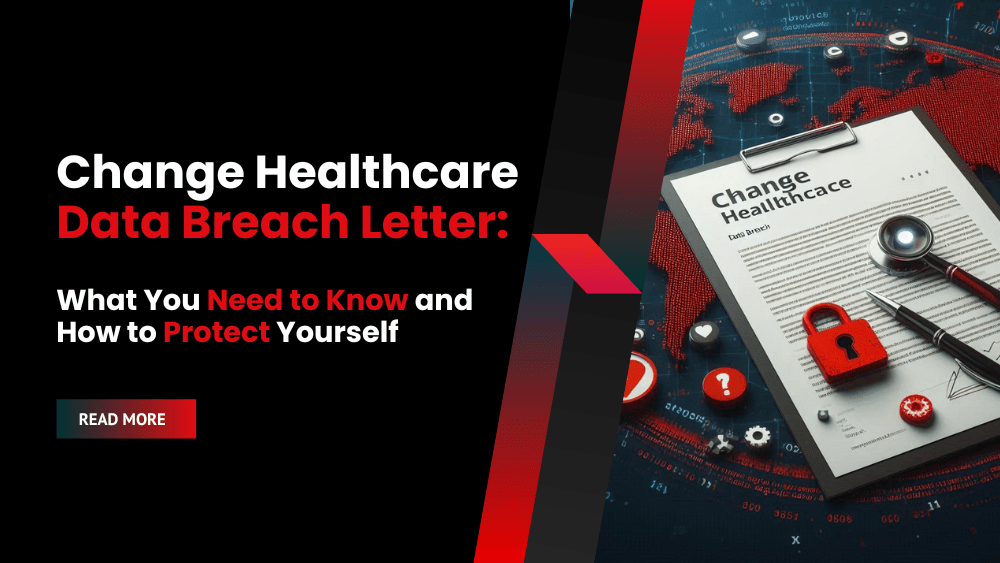Change Healthcare Data Breach Letter: A Detailed Explanation of the Letter and What You Should Do
The recent data breach at Change Healthcare (CHC) has left many individuals in the Ozarks wondering what to do next. If you’ve received a letter from CHC, you’re not alone. This article provides a comprehensive overview of the change healthcare data breach letter, explaining what happened, what information was compromised, and most importantly, what steps you should take to protect yourself.
What is the Change Healthcare Data Breach Letter?
The letter from Change Healthcare is a notification of a data breach that occurred in February 2024. CHC is a company that works with doctors, health insurance plans, and other healthcare organizations. The letter explains that in February, CHC detected unauthorized activity within its computer systems.
What Information Was Compromised?
In March 2024, CHC confirmed that a cybercriminal had accessed and copied sensitive data. This data included:
- Personal Information: Name, address, date of birth, phone number, and email address.
- Health Insurance Information: Test results, treatment records, and payment information.
Why Should You Be Concerned?
This change healthcare data breach is a serious matter because the compromised information could be used by cybercriminals for identity theft or other fraudulent activities.
What Should You Do?
The letter from Change Healthcare includes important steps you should take to protect yourself. These steps include:
1. Check Your Credit Report:
- Visit annualcreditreport.com to access your credit report for free.
- Consider credit monitoring services, which can alert you to suspicious activity. Many banks and credit card companies offer free credit monitoring as part of their services.
2. Freeze Your Credit:
- Freezing your credit prevents anyone from opening new accounts in your name without your permission.
- Contact the three major credit reporting agencies to freeze your credit:
- You can freeze your credit online, by phone, or by mail.
- Remember to “thaw” your credit if you need to apply for a loan or open a new credit card.
3. Place a Fraud Alert on Your Credit File:
- A fraud alert requires creditors to contact you before opening any new accounts in your name.
- This is a free service offered by all three major credit reporting agencies.
4. Monitor Your Bank Accounts and Credit Card Statements:
- Be vigilant about reviewing your bank and credit card statements for any unauthorized transactions.
- Report any suspicious activity to your financial institution immediately.
5. Contact Change Healthcare:
- If you have any questions or concerns, you can contact Change Healthcare directly at the number provided in the letter.
The Importance of Proactive Measures:
Pamela Hernandez of the Better Business Bureau emphasizes the importance of taking proactive measures to protect yourself:
“It’s something anyone can do. It doesn’t cost anything,” she said. “It’s a great thing to do to give you more peace of mind.”
The change healthcare data breach letter is a reminder that data breaches are becoming increasingly common. By taking the steps outlined above, you can help protect yourself from becoming a victim of identity theft or fraud. Stay informed about data breaches and be proactive in protecting your personal and financial information.









